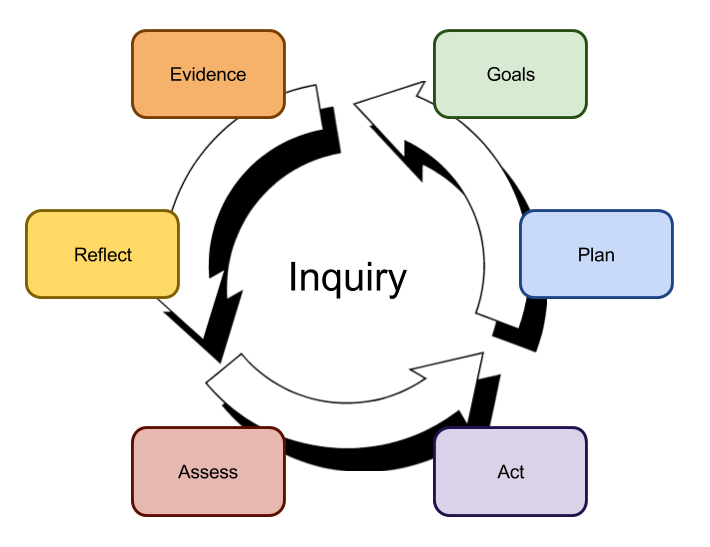I’m not an expert on standards by any means, but I know that the standards in British Columbia (where I was trained to teach) were coherent and made sense. You could follow the threads through the years and understand why they had been designed that way. I know that the Common Core content standards in Math have the same level of coherence.
I don’t know if they are always appropriate, or how one even defines appropriate given the strong relationship between what set of standards students learn under, and what they are therefore capable of learning in later years. I know that recent research suggests that young kids are capable of learning higher level math than what is currently expected, with many or even most kindergarten classrooms practicing skills with students almost all of whom have those skills. I believe in play based early years teaching, but this doesn’t preclude teachers from focusing on problem solving and pattern finding and continuing to develop students’ number sense.
What I do know is that the Common Core Standards for Mathematical Practice (SMP) are not pedagogy-neutral.
These non-content standards require students to be able to make sense of problems and persevere in solving them. This requires teachers to offer opportunities for students to problem solve (this is how some people define “doing mathematics”).
Students have to be able to construct viable arguments and critique the reasoning of others. While this could be done entirely through paper and pencil means, it is far easier to teach students to do this by regularly engaging them in dialogue and giving them opportunities to discuss mathematics together.
Students have to be able to model with mathematics, which again means that they have to be given opportunities to do mathematical modelling. The type of mathematical modelling described in the standards requires students to be able to make sense of problems resulting from everyday life, which means that teachers should be using examples of problems that result from the cultural contexts students live in (it’s not everyday life if it’s someone else’s life).
These are just three of the eight SMP, and the other five SMP also have pedogical signficance attached to them as well. The SMP require that some teachers teach differently than they do, and that therefore hopefully more students will get opportunities to grapple with mathematical ideas.
What I think we need to be careful to recognize is;
- Even though the standards and the increase in testing happened at the same time, these are two different issues. I can like the Common Core standards, and also think the testing is excessive.
- Many of the “Common Core Math problems” that have been shared via social media have either not been very good problems, or have had insufficient context to explain them. However, none of these problems is “Common Core” since the Common Core is a set of standards, not a set of curriculum. Standards define what kids are supposed to know and when; curriculum is a tool used to align specific mathematical examples to those standards. The fact this has sometimes been done poorly is not the fault of the people who wrote the Common Core standards, and in fact, these kinds of poorly written problems have been plaguing education for many years.
- Value added measured (eg. teacher evaluation programs), privatization of education, ALEK, and a number of other issues that have risen across the USA in recent years are also not actually related to the Common Core Standards. Again, I can support the standards and not support people excessively profiting off of education.
- Children being given problems that are too challenging or being given insufficient support when attempting these problems at home is again not the fault of the Common Core. Every standard in the Common Core has a range of possible curricular resources, and hence challenge levels, and educators just need to be careful when selecting amongst these. If students are being sent home assignments that they cannot reasonably be expected to do with miminal support from their parents, then these are the wrong types of homework assignments to assign. Homework is probably not appropriate at all in elementary and middle school, but fortunately the Common Core does not come with a requirement to assign homework.
- There is tonnes of interesting and rich mathematics available that falls under the set of content defined by the Common Core. Almost every puzzle or challenging problem on this website, for example, is aligned to some Common Core standard.
- The Common Core is not going to solve the problems of inequity, poverty, and racism in our education system. It is unreasonable to expect a set of standards to do this.
